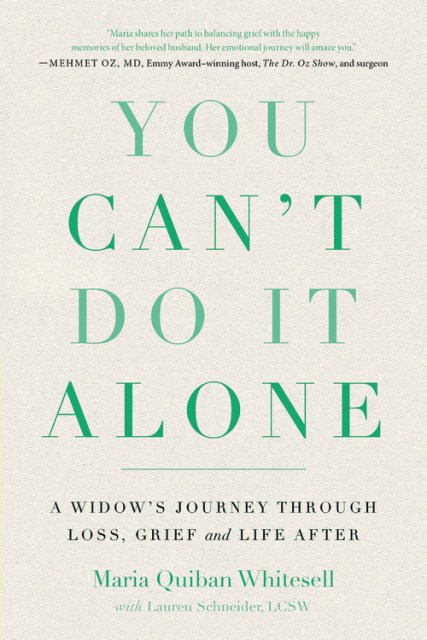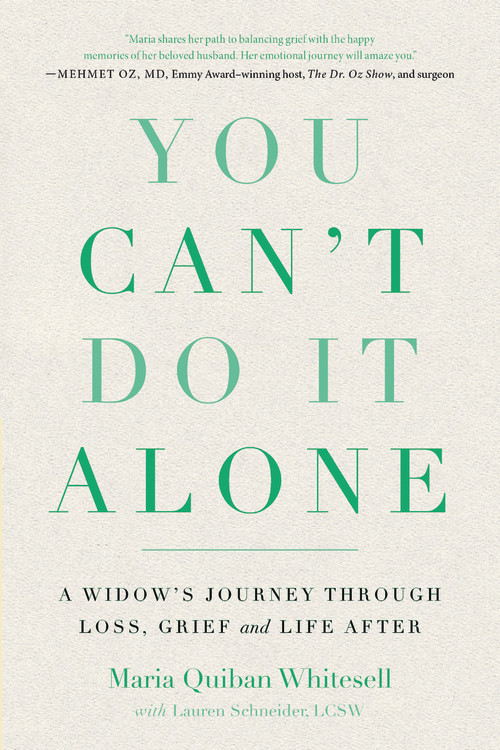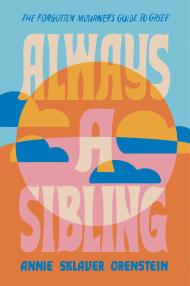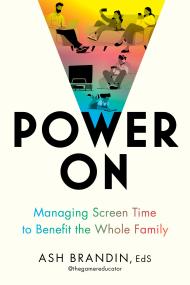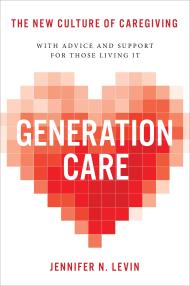By clicking “Accept,” you agree to the use of cookies and similar technologies on your device as set forth in our Cookie Policy and our Privacy Policy. Please note that certain cookies are essential for this website to function properly and do not require user consent to be deployed.
You Can’t Do It Alone
A Widow's Journey Through Loss, Grief and Life After
Contributors
With Lauren Schneider, LCSW
Formats and Prices
- On Sale
- Jun 9, 2020
- Page Count
- 224 pages
- Publisher
- Balance
- ISBN-13
- 9780738285948
Price
$19.99Price
$25.99 CADFormat
Format:
- Trade Paperback $19.99 $25.99 CAD
- ebook $11.99 $15.99 CAD
- Audiobook Download (Unabridged) $18.99
This item is a preorder. Your payment method will be charged immediately, and the product is expected to ship on or around June 9, 2020. This date is subject to change due to shipping delays beyond our control.
Buy from Other Retailers:
In this supportive guide, a widow and a mental health expert provide guidance and thoughtful advice for anyone dealing with traumatic loss.
When FOX11’s weather anchor Maria Quiban Whitesell’s husband Sean was diagnosed with Glioblastoma (GBM), a deadly form of brain cancer, she was completely unprepared. How would she possibly explain what was happening to their young son, Gus? How should she respond when people ask inappropriate questions? What about just dealing with the details of the day-to-day?
In You Can’t Do It Alone, Whitesell tells her story and teams up with licensed therapist Lauren Schneider to provide readers with a roadmap for walking through illness, death and grief. Whitesell and Schneider explore:
- Discussing a serious diagnosis in an honest, clear manner
- Navigating control over life when you feel no control
- Finding your support group
- Dealing with memories, family and friends
- Helping balance work, caregiving, parenting and much, much more
-
"Maria shares her path to balancing grief with the happy memories of her beloved husband. Her emotional journey will amaze you."Mehmet Oz, MD, Emmy Award-winning host, The Dr. Oz Show, and surgeon
-
"Maria has gifted us with a tender account of her life, loss and hope. A true labor of love that gives us compassion, insight and wisdom. An important book for anyone facing the challenge of loss."David Kessler, author of Finding Meaning
-
"This book is healing and helpful, heartbreaking and uplifting, but ultimately it's validation of our resilience. Maria's lessons will help anyone facing disease."Leeza Gibbons, Emmy Award-winning television personality and New York Times bestselling author
-
"An intimate, poignant saga of one family's journey through a cancer diagnosis; modeling genuineness and openness in preparing a young child to face his father's impending death. Combined with insights from a clinical expert, we are granted a close-up window into living with glioblastoma, making the most of the time we have together, and navigating the multi-faceted manifestations of grief."Fredda Wasserman, MA, MPH, LMFT, CT, coauthor of Saying Goodbye to Someone You Love
-
"Maria's powerful book will help many who are trying to navigate the complicated journey of grief. So many are at a complete loss when they experience the death of a loved one that profoundly shakes their entire foundation. In this enlightening volume, Maria turns personal tragedy into triumph and provides practical, accessible ways to cope with the realities of life while mourning her husband."Dr. Judy Ho, award-winning clinical psychologist, TV personality, and author of Stop Self-Sabotage
-
"Provides clarity, support and comfort on all levels for anyone grieving a loss."Karen Phelps Moyer, founder, Camp Erin & Camp Mariposa child bereavement camps
-
"Navigating the advanced serious illness and death of her husband Sean presented Maria not just with grieving his loss, but also helping their five-year-old son Gus understand and adjust. Their story and lessons learned may help other young families facing the unexpected early death of a spouse and parent. With helpful comments and suggestions from grief therapist Lauren Schneider at the close of each chapter, I highly recommend this book for anyone who wants to better understand their own journey, or support friends and family coping with young children whose parent is seriously ill."Donna Schuurman, Senior Director of Advocacy & Training, Executive Director Emeritus, The Dougy Center for Grieving Children & Families
-
"You Can't Do it Alone is a must read. Not just for those who suffer from a debilitating illness, but for those who seek to understand and cope with life's struggles while living with persistence and purpose."Roy Firestone, ESPN Broadcaster and Author
-
"Maria Quiban Whitesell takes us through her heartbreaking journey as a loving caregiver for her husband with glioblastoma and a loving mother to her young son. Her articulate, yet unfiltered, account provides a raw narrative of the impact of this terrible disease on her family. Her message of You Can't Do It Alone is poignantly conveyed which makes this a must read not only for caregivers on the front-line of a terminal disease but also to those who are looking to support caregivers."Dr. Timothy F. Cloughesy, Professor and Director, UCLA Neuro-Oncology Program
-
"Maria through her own very personal experience gives us all a glimpse and model for resiliency. She beautifully brings the reader back to a truth that those of us who work with the human being know vividly: you cannot do it alone."Dr. Drew Pinsky, media personality, author, board-certified physician
-
"Maria has written an honest and beautiful accounting of her heartbreaking journey and how to find hope, comfort and healing in the face of the unthinkable tragedy. Thank you, Maria, for sharing this story that will undoubtedly help countless others to weather such storms and ultimately lead back to love... and, yes, to sunnier days. You are an inspiration!"Danica McKellar, actress (The Wonder Years, Hallmark movies) and New York Times bestselling author of Kiss My Math
-
"The loss of a spouse over many months is, at times, unbearable, and is, at times, a loving experience. I know. I've been there. Maria captures the intense highs and deflating lows--by the end of this extraordinary book, Maria leaves us awed, breathless and hopeful."Tom Fontana, producer/screenwriter/author
-
"Maria Quiban Whitesell's voice is contemplative and honest, never straying into self-pity or mawkishness. Her advice is eminently sensible, born of experience and bolstered by observations from a trained therapist following each chapter. This is a heroic, useful, and beautiful memoir. It will provide solace and counsel to all else who sadly have to travel in her steps."Scott Seckel, author of Arizona Time: A Novel & Five Shorts
-
"This rare and raw look at a testimony to life, love and the heart-wrenching journey of saying goodbye to the ones we hold most dear is going to help many, many people. No one wants to have to write this story, I am just grateful Maria Quiban Whitesell had the compassion and strength to do it."Brook Lee, Miss Universe 1997, television host/executive producer on the hit show Modern Wahine Hawaii
-
"I highly recommend this read for anyone experiencing loss, and certainly for those whom are caregivers and having to witness the transitioning of a loved one, in the presence of a child. Thank you Maria for sharing your story and labor of love with us. Know you work is not done in vain, and we are enlightened and inspired because of it."Noelle Reid, MD, Family Medicine, Trinity Health and Wellness Medical Group
Newsletter Signup
By clicking ‘Sign Up,’ I acknowledge that I have read and agree to Hachette Book Group’s Privacy Policy and Terms of Use
